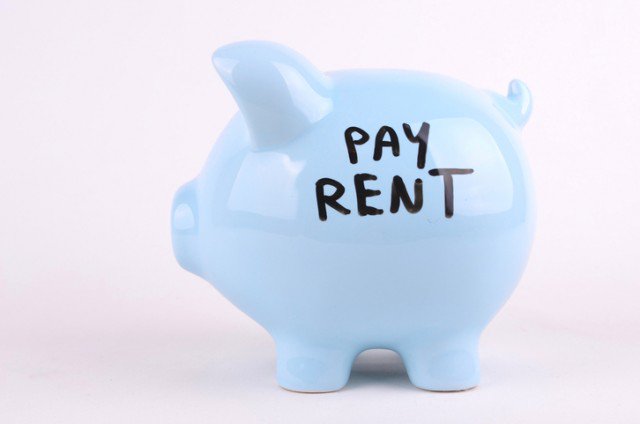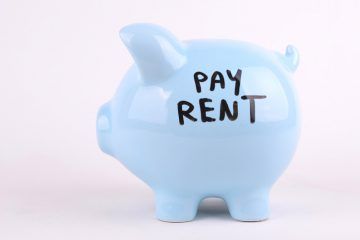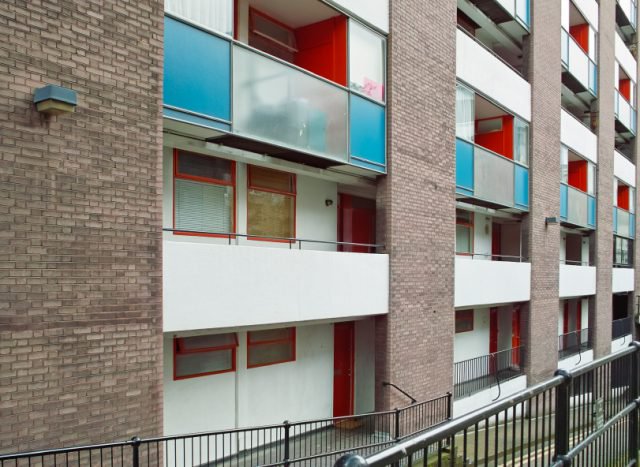The Secretary of State for Communities and Local Government, Sajid Javid, pledged to offer private tenants greater rights by making it compulsory for landlords to register with an ombudsman scheme at the weekend’s Conservative Party conference.
Under the initiative, all private landlords would have to become members of an ombudsman scheme in a bid to improve the dispute resolution system for tenants. Javid also announced a consultation on a new housing court.

Landlords Forced to Register with Ombudsman Scheme Under New Conservative Plans
New incentives will also be revealed in the Autumn Budget to ensure that landlords offer tenancies of at least 12 months, Javid said.
The new Conservative plans also involve a proposal to ensure that all letting agents are registered, which would mean that agents would not be able to operate in the role without qualifications or professional oversight.
Javid said: “For too long, tenants have felt unable to resolve the issues they’ve faced, be it insecure tenure, unfair letting agents’ fees or poor treatment by their landlord with little to no means of redress. We’re going to change that.
“We will insist that all landlords are part of a redress scheme and we will regulate letting agents who want to operate. Everyone has a right to feel safe and secure in their own homes, and we will make sure they do.”
The CEO of ARLA Propertymark (the Association of Residential Letting Agents), David Cox, comments on the Conservatives’ pledge to regulate the private rental sector: “After 20 years of our campaigning falling on deaf ears, we’re very pleased the Government has taken the decision to regulate the private rented sector. This will be the single greatest step forward in a generation, in terms of consumer protection for private tenants, and will do more to clean up the image of the industry than the hundreds of smaller laws and pieces of legislation introduced over the last 20 years. However, regulation can take different forms, and we need to see the detail of proposal to be confident that it will be effective for tenants and landlords.”
The Policy Director of the Residential Landlords Association (RLA), David Smith, has welcomed the plans, which were included in its manifesto for the snap General Election in June. He responds to the announcement: “We called for housing courts to speed up and improve access to justice for good tenants and landlords, as well as for tax incentives to support good landlords. This is a welcome sign that the Government is ready to listen to practical proposals from the RLA to improve the working of the sector, and encourage the majority of responsible landlords and tenants who want to and are doing the right thing.”
From another perspective, the Director of tenant lobby group Generation Rent, Dan Wilson Craw, reacts to Conservative plans for further investment in the Help to Buy scheme: “Of all the responses the Government could have to the housing crisis, expanding Help to Buy should be near the bottom of the list. Nearly five million households live in private rented homes, but only 135,000 have bought through the scheme so far. Its biggest beneficiaries have been large property developers.
“The £10 billion being touted for Help to Buy could be invested much more effectively in new council housing, which could rehouse the 75,000 families who are currently stuck in temporary accommodation.”
He continues: “The Government is right to seek to improve life in the private rented sector too, and proper regulation of letting agents, along with a formal redress process for complaints against landlords, are much needed.
“But for tenants to have the confidence to take on a negligent landlord, they need assurance that they won’t simply be kicked out. The proposed incentives for landlords to offer 12-month tenancies would make barely any difference to the status quo.”
What are your thoughts on the new Conservative plans for the private rental sector, particularly proposals for landlords to register with an ombudsman scheme?
The Labour Party has already outlined its proposals, including plans for rent controls. Read more here: https://www.justlandlords.co.uk/news/jeremy-corbyn-pledges-rent-controls/









